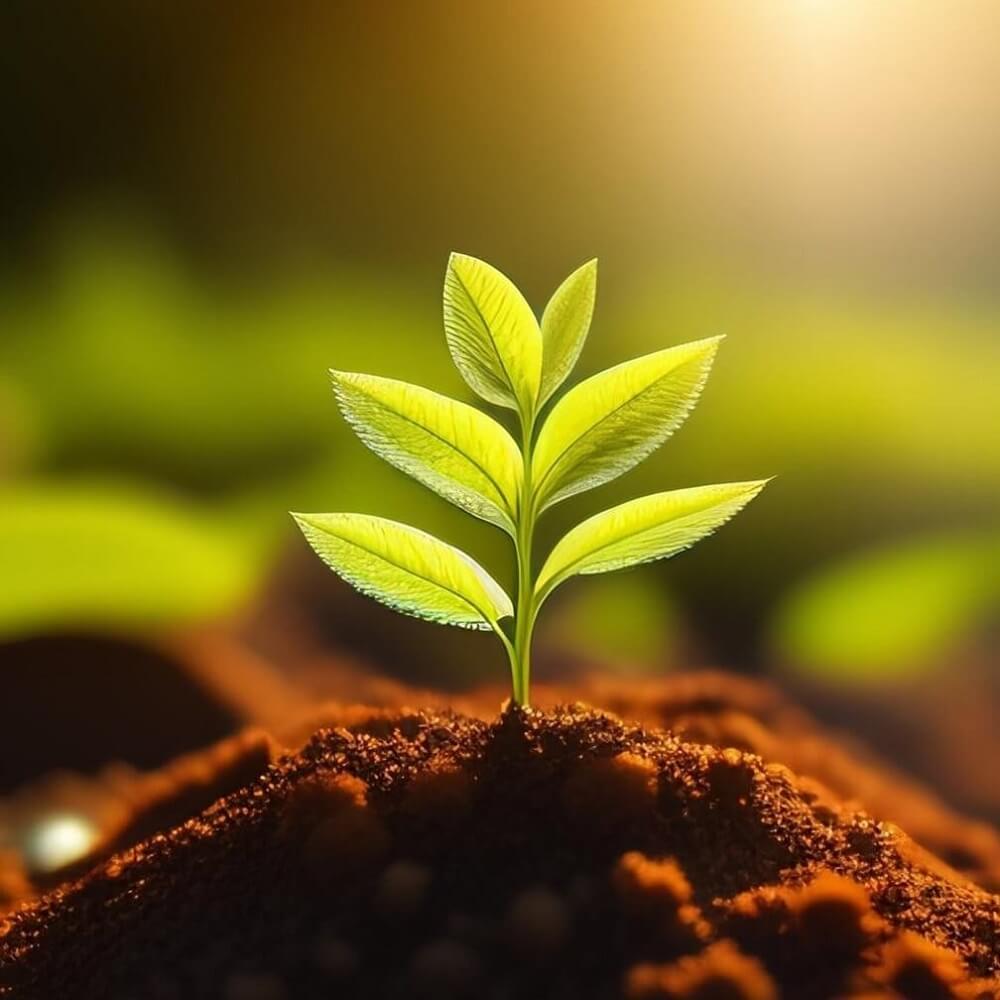Renowned for their reusability, sustainability, and contribution to minimizing plastic waste, glass bottles are emerging as the top choice for eco-conscious individuals and communities. The detrimental impact of single-use plastics on the environment has sparked a growing movement towards the adoption of glass bottles for beverages and household products. With their ability to be endlessly recycled without any loss in quality, glass bottles play a crucial role in reducing carbon emissions and minimizing the accumulation of non-biodegradable waste in landfills and oceans. This shift towards glass bottles signifies a monumental step in fostering a greener, more sustainable environment, while also promoting a healthier lifestyle for individuals and future generations.
Table of Contents
The Environmental Advantages of Glass Bottles
To truly understand the environmental advantages of glass bottles, it’s important to look at their longevity and reusability, as well as their recycling efficiency and reduction of waste. These factors make glass bottles a sustainable choice and a key player in the movement towards a greener planet.
Longevity and Reusability
Longevity is one of the key environmental benefits of glass bottles. Unlike plastic or paper containers, glass bottles can be reused over and over again without deteriorating. This means that once a glass bottle is manufactured, it can remain in circulation for many years, reducing the need for new production and the energy consumption that comes with it.
The reusability of glass bottles is another important factor in their environmental advantage. Unlike single-use plastics, glass bottles can be easily cleaned and refilled, eliminating the need for constant disposal and reducing the amount of waste generated.
Recycling Efficiency and Reduction of Waste
To recycle, glass bottles can be melted down and reshaped countless times without losing quality or purity, making them an ideal candidate for circular economy principles. This efficiency in recycling means that glass bottles can be diverted from landfills and turned into new bottles or other glass products, helping to reduce the amount of waste that ends up in our environment.
A greener option than single-use plastics, glass bottles offer a way to minimize our environmental impact and move towards a more sustainable future. By choosing glass over other materials, we can contribute to a cleaner, healthier planet for future generations.
Glass Bottles in Eco-Conscious Communities
Obviously, the use of glass bottles has gained significant traction in eco-conscious communities due to their environmental sustainability and durability. These communities are increasingly recognizing the need to reduce single-use plastic and other non-biodegradable materials, leading to a surge in the popularity of glass bottles as a more eco-friendly alternative.
Adoption in Local Businesses
One of the most noticeable trends in eco-conscious communities is the adoption of glass bottles by local businesses. From restaurants to small-scale grocery stores, many establishments are choosing to use glass bottles for their beverages, condiments, and other products. This shift not only reduces plastic waste but also helps in building a more sustainable, eco-friendly image for these businesses.
Impact on Consumer Choices and Behavior
To incentivize the use of glass bottles, many eco-conscious communities have initiated awareness campaigns to highlight the benefits of glass over plastic. As a result, consumers are becoming more mindful of their choices and are actively opting for products that come in glass packaging. This shift in consumer behavior is a positive indication of a growing environmental consciousness within these communities.
Impact: The impact of this shift towards glass bottles in eco-conscious communities is noteworthy, with reduced plastic usage and a renewed focus on sustainability being the key outcomes. As more consumers and businesses embrace this change, it not only benefits the environment but also sets a positive example for other communities to follow.
Challenges and Solutions for Wider Adoption
Unlike plastic or aluminum containers, glass bottles present unique challenges due to their weight and fragility. These challenges have hindered their widespread adoption in the past, but innovative solutions are being developed to address these concerns and propel glass bottles towards becoming a more popular and sustainable choice.
Addressing the Weight and Fragility of Glass
Wider adoption of glass bottles has been limited by the transportation and handling challenges posed by their weight and fragility. Fortunately, advancements in packaging and shipping technologies have allowed for more efficient and secure transportation of glass bottles. Additionally, the development of stronger and lighter weight glass materials has helped to mitigate the fragility issue, making glass bottles more resilient and easier to handle.
Innovations in Glass Bottle Production and Recycling
Challenges in glass bottle production and recycling have also been significant obstacles to their wider adoption. However, advancements in glass manufacturing techniques and recycling technologies have made significant strides in addressing these challenges. This has resulted in more sustainable production processes and increased rates of glass bottle recycling, marking a positive shift towards a more environmentally friendly glass packaging industry.
Bottle production now utilizes eco-friendly practices such as energy-efficient furnaces and the use of recycled glass, reducing the environmental impact of glass bottle manufacturing. Furthermore, advancements in recycling technologies have made it possible to recover and recycle a larger percentage of glass bottles, contributing to a more circular and sustainable glass packaging ecosystem.
Summing up
Hence, it is clear that glass bottles play a significant role in promoting a greener environment and are increasingly being embraced by eco-conscious communities. Their properties of being reusable, recyclable, and non-toxic make them a sustainable option for packaging various products. With the growing global focus on reducing plastic waste and embracing eco-friendly alternatives, glass bottles are gaining popularity as a responsible choice for consumers and businesses alike. Their ability to contribute to a circular economy and reduce carbon footprint make them a valuable asset in the journey towards a cleaner, more sustainable planet.
FAQ
Q: Why are glass bottles considered a better choice for the environment?
A: Glass bottles are considered a better choice for the environment because they are 100% recyclable and can be recycled endlessly without loss in quality or purity. This helps to reduce the amount of waste that ends up in landfills and minimizes the environmental impact of packaging materials.
Q: How do glass bottles contribute to a greener environment?
A: Glass bottles contribute to a greener environment by being more sustainable than other packaging materials. They have a lower carbon footprint compared to plastic and aluminum, and they require fewer resources to produce. Additionally, glass bottles can be easily reused and repurposed, further reducing environmental waste.
Q: Are glass bottles gaining popularity in eco-conscious communities?
A: Yes, glass bottles are gaining popularity in eco-conscious communities due to their environmentally friendly characteristics. With the growing awareness of the impact of plastic pollution and the importance of sustainable living, more people are turning to glass as a preferred packaging option for beverages and other products.
Q: How does using glass bottles help to reduce single-use plastic waste?
A: Using glass bottles helps to reduce single-use plastic waste by providing a durable and reusable alternative. When consumers choose products packaged in glass bottles, they are making a conscious decision to avoid disposable plastic containers, which ultimately reduces the amount of plastic waste generated.
Q: What are the key benefits of using glass bottles for beverages?
A: The key benefits of using glass bottles for beverages include preserving the flavor and quality of the contents, as glass does not leach harmful chemicals into the liquids it contains. Additionally, glass is inert and impermeable, ensuring that the taste and purity of the beverage are maintained without any unwanted odors or flavors.

Our contributing author is a passionate advocate for eco-friendly living and sustainability. With a background in eco-life, they are dedicated to inspiring and empowering individuals to adopt environmentally conscious lifestyles. Through insightful articles, they share practical tips, innovative solutions, and thought-provoking perspectives to promote a greener, more sustainable world. Join them on the journey towards eco-smart living and discover how small choices can make a big impact. 🌱









